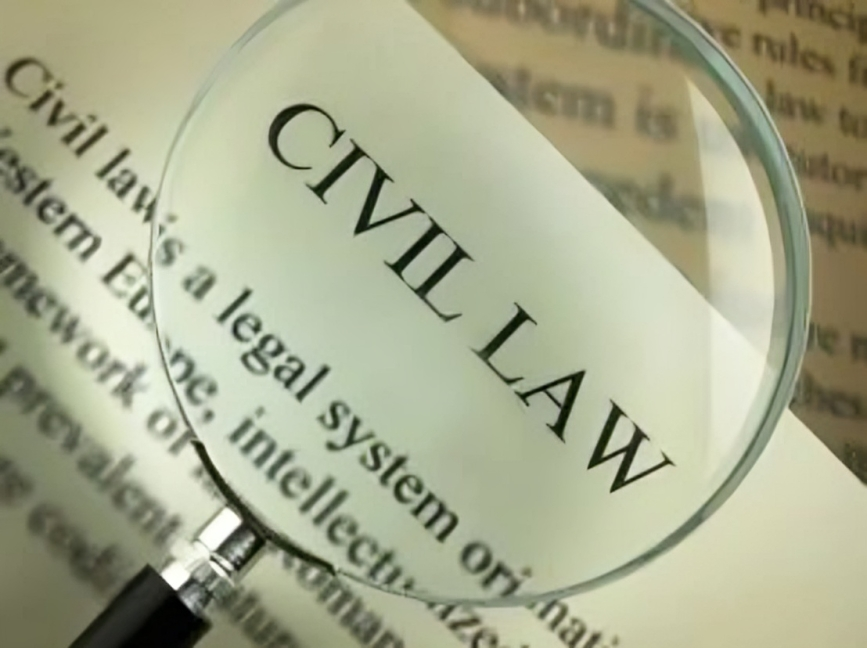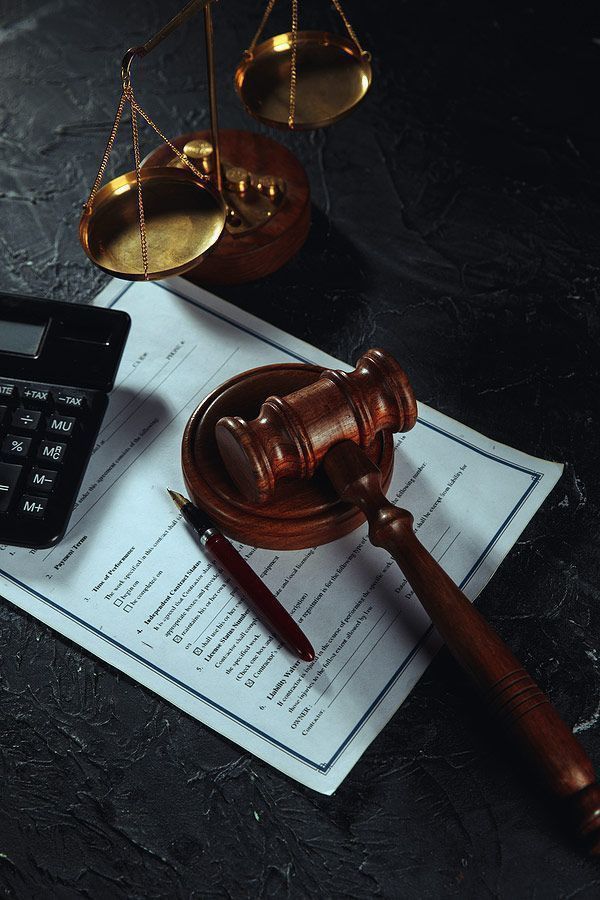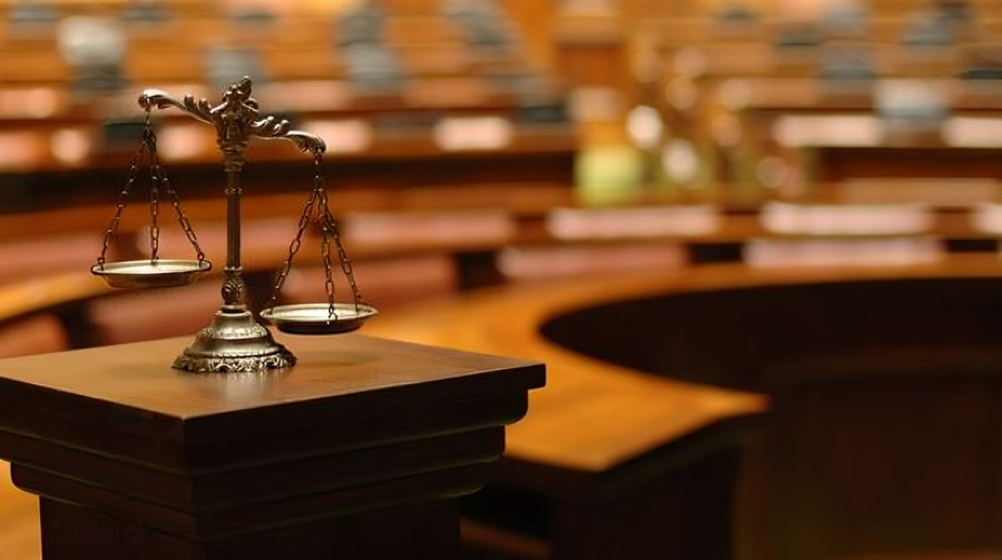- Call Us: +971 4886 6123
- Email: info@jamilalawfirm.com
- Address: Port Saeed,Deira,Business Avenue Building,Office M18
Civil Law

Choosing Right Advisor Can Save Million our Ready more the Dirhams
The service of handling civil cases in a law firm provides legal consultation and assistance in presenting and analyzing evidence, as well as preparing the necessary legal documents for civil lawsuits. This service includes representing clients in courts and relevant judicial bodies, negotiating on their behalf to reach settlements and legal resolutions.
Utilizing their legal knowledge and expertise in civil matters, they develop effective legal strategies and represent their clients with professionalism in negotiations, settlements, and court proceedings.
Document Preparation
We draft and review all necessary legal documents for civil cases, such as sales contracts, lease agreements, commercial contracts, as well as legal memos and appeals.
Evaluate Situation
Legal Analysis: Examining applicable civil laws and regulations. Identifying Interests: Understanding the interests of all parties involved in the dispute. Risk Assessment: Analyzing potential legal risks and outcomes. Formulating Recommendations: Providing advice on the best possible legal courses of action. Ongoing Monitoring: Continuously monitoring the case and adjusting legal strategies as needed.
File The Case To The Court
We represent our clients in civil cases, such as real estate and commercial disputes, ensuring their rights are protected and their interests defended in court.
Case Monitoring
We closely monitor all legal procedures, ensuring the case progresses smoothly and efficiently, while providing clients with continuous updates on any developments.


The civil law in the United Arab Emirates governs private relationships between individuals, such as contracts, civil liability, property, and family relations. It is one of the fundamental pillars of the legal system in the UAE, drawing heavily from Islamic Sharia, while also incorporating laws and regulations from other legal sources, such as French and Egyptian law.
Key aspects of UAE civil law:
1.Contracts: Civil law regulates contracts between individuals and businesses, such as sales, rental, employment, and construction contracts. It defines how contracts are formed and the rights and obligations of both parties.
2.Civil Liability: The law outlines liability rules in cases of harm caused by unlawful actions or negligence, including compensation for both material and moral damages.
3. Property: Civil law governs property rights, including both real estate and movable property. It regulates the transfer of ownership, usufruct rights, and the protection of the owner’s rights.
4.Personal Status: The civil law touches on aspects of personal status law, where it overlaps with Islamic Sharia law on matters such as marriage, divorce, inheritance, and alimony.
5.Litigation: The law outlines the legal procedures for filing civil lawsuits in court, covering all stages of litigation from filing the case to the issuance and enforcement of the judgment.
Application of Civil Law in the UAE:
Civil law is enforced through the UAE’s judicial system, which is composed of primary courts, appellate courts, and the Court of Cassation (or Supreme Court). The courts follow a three-tier system, allowing parties to appeal judgments in accordance with established laws.
Applicable Laws:
The UAE’s civil law is codified in the “Federal Civil Transactions Law No. 5 of 1985,” which serves as the primary source of civil law in the country.
.

